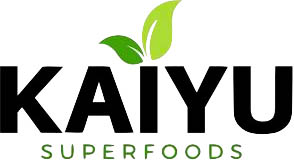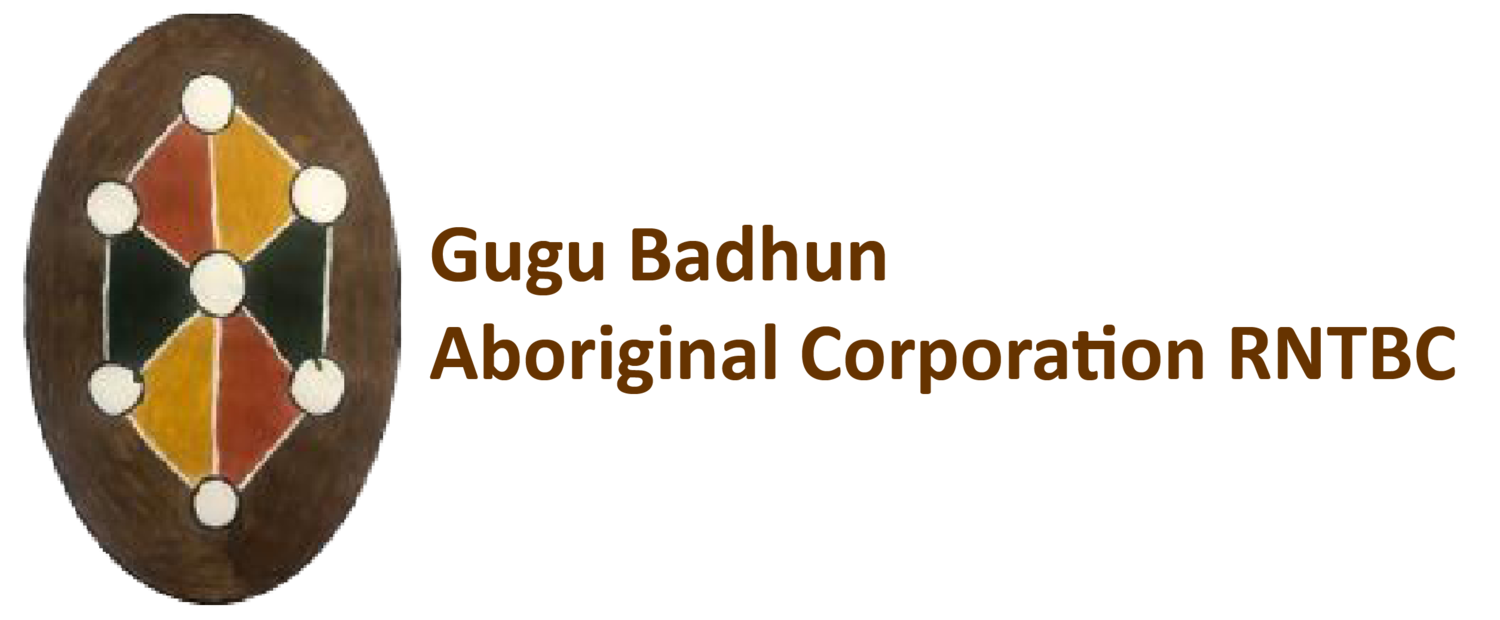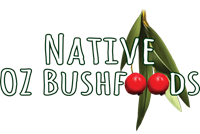Our First Nations Enterprise Group
Our First Nations Enterprise Group comprises First Nations leaders from each of the Aboriginal-owned enterprises we collaborate with on our research. This group meets to share their experiences, achievements, learnings and issues with each other; and informs, comments on and endorses protocols created to enhance the collaborative research process.
This group is chaired by Madonna Thomson: Director of Nyanda Cultural Tours, an Aboriginal owned enterprise which supplies authentic Aboriginal experiences to school, conference and corporate clientele; and owner of Jagera Daran Pty Ltd, a long established, 100% Aboriginal owned and operated Cultural Heritage Consultancy in South East Queensland. Madonna is a proud First Nations woman – a member of the Jagera People and is a grand-niece of the late Senator Neville Bonner. Madonna has worked with First Nations communities in South East Queensland with a particular focus on developing and sharing traditional knowledge about management of the State’s natural resources and environment.

Twin Lakes Cultural Park
Visit websiteTwin Lakes Cultural Park is an Aboriginal business located near Beagle Bay, north of Broome on the Dampier Peninsula in the spectacular Kimberley region of Western Australia. Twin Lakes Cultural Park was borne from a business partnership between Bruno Dann and Marion Louise Manson, who have been working together for more than a decade bringing Nyul Nyul country back to life.
Twin Lakes wild harvests traditional Nyul Nyul bush foods, including Gubinge (also known as Kakadu plum), nature’s super food, for health foods and cosmetics. These crops are tended using traditional fire and land management practices. Twin Lakes also offers cultural and bush food tours for small groups of up to 8 people, and occasional fire management workshops.
Wild Orchard Kakadu Plum
Wild Orchard Kakadu Plum Pty Ltd is an Aboriginal family owned and operated business, located on Delye Outstation, in the North Western Top End of the Northern Territory. Their language group is Marrithiel. Wild Orchard Kakadu Plum farm grows, wild harvests and sells predominantly Migorayi (also known as kakadu plum), but has a wide and diverse range of native fruit trees and plants. These are grown naturally, wild harvested, and cared for using traditional cultural knowledge and practices.
The family are investigating the scientific properties of a range of their edible native plants, seeking to promote the culinary and medicinal uses of kakadu plum and some of their other edible native botanicals.

Kaiyu Superfoods
Visit websiteKaiyu Superfoods is an indigenous owned business, which works with Aboriginal communities who wild harvest fruit sustainably. Kaiyu has the goals of using native Australian fruits to create products that everyone can enjoy, and to increase people’s awareness of the health benefits of these amazing fruits. In doing this, Kaiyu helps to stimulate demand for native fruits so that the industry continues to grow and more Indigenous families and communities are able to become involved in the industry and benefit from it.
Yarrabah Cooperative Society
The Yarrabah Cooperative Society (YSC) membership is made up of Traditional Owners from Yarrabah and surrounding areas. Yarrabah was one of the original places where Indigenous tourism engaged visitors and tourists alike in cultural education through storytelling, song, dance, displaying of artefacts, arts and usage of weaponry and other tools. The venture also catered food and beverages for visitors. Yarrabah is a hunting and gathering community, with Yarrabah’s geography being coastal, with deep valleys between the mountainous ranges offers great diversity of native produce, “Mayi” bush tucker; Minya bush meat AND “Guyu” fish. Yarrabah’s food diversity comprises of products from its mountainous ranges, foothills, creeks, swamplands, rain forested and coastal areas including coastal islands and reef. Many Yarrabah residents have deep knowledge in the preparation of bush foods.

The Kimberly Institute
Visit websiteThe Kimberley Institute Limited (KI) is a not for profit organisation, conceived by local Kimberley leaders and established in 2008. KI assists and facilitates core activities relating to: undertaking and applying research; developing and analysing policy; undertaking and supporting political engagement and seeking and supporting partnerships for outcomes. This work, in addition to practical and capacity building support of community-based organisation’s provided by KI – occurs within the vision of building an inclusive regional society which supports the social, cultural, spiritual and economic well-being of Kimberley people.

Bindam Mie Kimberly Cultural Adventures
Visit websiteAs a child growing up in Broome in Western Australia, Robert Dann collected boab nuts for his mum to cook. Now the entrepreneur has created Bindam Mie, a company that turns boab nuts into beer and other products. The idea for Bindam Mie evolved out of his tour company, Kimberley Cultural Adventures. Robert was giving his guests a taste of the boab iced tea on his tours, and they would often ask where they could buy the boab powder used to make the tea. It got him thinking about creating his own products. Today, Bindam Mie employees young Indigenous workers to process and packages the nuts at a commercial kitchen in Broome. With the knowledge Robert is teaching younger Indigenous kids, it empowers them to take it further as well. It’s creating economic development for the whole of the Kimberleys. It’s caring for country.

Nyanda Cultural Tours
Visit websiteNyanda Cultural Tours is an Aboriginal owned enterprise that supplies authentic Aboriginal experiences to school, conference and corporate clientele. Nyanda Aboriginal Cultural Tours and Experiences were developed and co-owned by Madonna and Nicholas Thomson. Madonna is also the owner of Jagera Daran Pty Ltd, a long established 100% Aboriginal owned and operated Cultural Heritage Consultancy in South East Queensland. Madonna Thomson and James Bonner brought their ecological and cultural knowledge together to inform the content of the Nyanda Cultural Educational Tours. Nyanda Cultural Tours sees tourism as a perfect opportunity to further extend authentic, immersive and highly interactive activities that foster education about Aboriginal Culture and Australia’s Aboriginal History. Jagera Daran builds upon respectful relationships shared by Aboriginal people and other Australians. Their aim is to now connect a wider audience to the richness of Aboriginal Culture. They invite everyone to be part of this exciting journey, and offer a program of experiences.

Gugu-Badhun Aboriginal Corporation
Visit websiteThe Gugu-Badhun Aboriginal Corporation is an organisation dedicated to the cultural, social, economic and political well-being and development of the Gugu Badhun community. The Gugu-Badhun People are the native title holders of the country surrounding the upper reaches of the Burdekin River, centered around the small rural township of Greenvale that is approximately 220 km north-west of Townsville, Northern Queensland. The Gugu-Badhun Aboriginal Corporation Registered Native Title Body Corporate (GBAC) is the prescribed Body Corporate (PBC) incorporated under the Corporations (Aboriginal and Torres Strait Islander) Act 2006 (Cth) (CATS!) and exercises the native title rights and interests on behalf of the Gugu-Badhun people.

Kiril Park Wild Harvest
Kiril Park Wild Harvest is an Aboriginal family owned and operated business on private property, situated in Darwin rural area, in the Northern Territory. It was founded and is managed by Djerait woman Michelle On. Kiril Park Wild Harvest focusses on supporting quality wild harvested botanicals, with a focus on Kakadu Plum, from surrounding homelands, connecting the Native Foods Industry to Country and Culture.

Native Oz Bushfoods
Visit websiteNative Oz Bushfoods is an Aboriginal family founded, owned and operated enterprise, located in Ropeley Valley, Queensland. Native Oz Bushfoods enterprise seeks to educate Australians about the history, uses, nutrition and delicious flavours of Australian botanicals, and grows most of its own ingredients which it turns into delicious products to be used in every day kitchens. These include, for example jams, sauces, rubs, chutneys and much much more. They also open their property to the public to allow them to teach visitors about their culture, history and uses of the plants.
